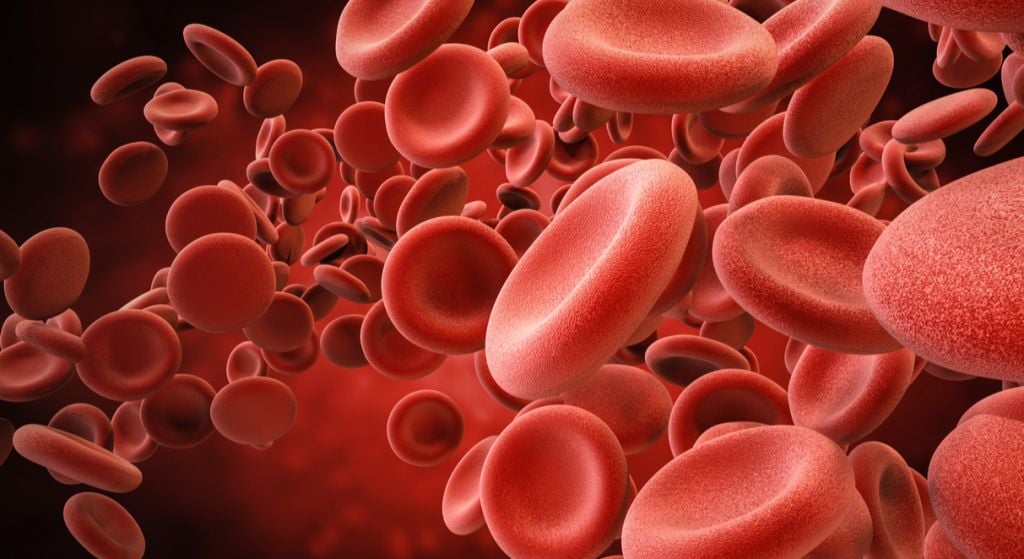June is Antiphospholipid Syndrome (APS) Awareness Month.
APS is a rare autoimmune disorder in which the body recognizes certain normal components of blood and/or cell membranes as foreign substances and produces antibodies against them. There are two known forms. APS may occur in people with systemic lupus erythematosus, other autoimmune disease, or in otherwise healthy individuals.
APS is also referred to as APLS or APLA in the U.S., and formerly Hughes Syndrome or Sticky Blood in the U.K.
On the podcast this week, we spoke with Tina Pohlman, who suffers from APS, and who is president of the APSFA, about the disease and the organization.
The APS Foundation of America, Inc. (APSFA) was founded in 2005, and is the only U.S. nonprofit health agency dedicated to bringing national awareness to APS, a major cause of multiple miscarriages, thrombosis, young strokes and heart attacks.
The APSFA’s Medical Advisory Team includes nationally and internationally recognized experts on Antiphospholipid Syndrome.
We also had a conversation with APS researcher Dr Jason Knight, Marvin and Betty Danto Research Professor of Connective Tissue Research and Associate Professor, Division of Rheumatology at the University of Michigan.
What are the latest trials in antiphospholipid syndrome?
There are currently several clinical trials being undertaken with respect to APS.
University Hospital, Clermont-Ferrand, France, is looking to assess the effect of injectable anticoagulants (unfractionated heparin (UFH), low molecular weight heparins (LMWH), fondaparinux, danaparoid, and argatroban) on lupus anticoagulant testing assays over broad anti-Xa activity ranges and to establish their potential for causing false-positive or false-negative results.
David Ware Branch, from the University of Utah, in the U.S., is also undertaking a trial with results expected in 2024. The treatment trial is evaluating the addition of an anti-tumor necrosis factor-alpha drug,certolizumab, compared to the usual treatment (a heparin agent and low-dose aspirin) in pregnant women with APS and repeatedly positive tests for lupus anticoagulant (LAC) to determine if this regimen will improve pregnancy outcomes. All enrolled patients will receive certolizumab, and pregnancy outcomes will be compared to those of women with APS and repeatedly positive tests for LAC enrolled in a previous study by the investigators.
Another study, in China, also with results anticipated in 2024, is being run by Zhang Lei.
The study aims to evaluate the safety and efficacy of zanubrutinib in the treatment of APS with secondary thrombocytopenia in 10 patients.
The University of Turin in Italy is sponsoring BLAST (belimumab antiphospholipid syndrome trial), which is expecting to see results in 2025. BLAST aims to evaluate the safety and tolerability of belimumab for up to 24 months in patients with persistent aPL positivity and clinical features attributable to aPL that are resistant to warfarin and/or heparin.
Partnering 2030: The Biotech Perspective 2023






